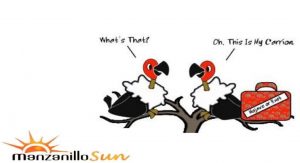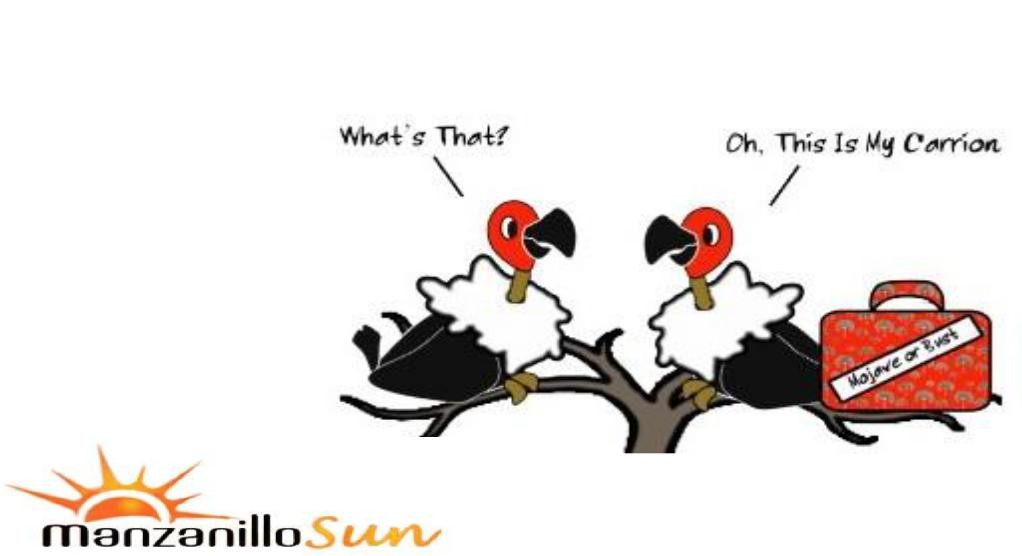By Tommy Clarkson from the April 2013 Edition
To “be” all we can
Perhaps you’ve heard the old idiomatic phrase “betwixt and between” which means “an intermediate position; neither wholly one thing nor another?” Such often seems to be our English language. Simply stated it, at best, is often downright confusing!
For example let’s simply address those words with the “be” prefix on the first line above.
“Between” and “tween” – yep, got it and understand the relationship. But, “betwixt” and “twixt”? Is that a word and if so whose and how used?
The relationship between “below” and “low” I understand; “behind” and “hind” as well as “love” and “belove” – the same there. But “belong” and “long” are more confusing upon reflection while, on the other hand,“troth” and “betroth” are ironclad in their correlation.
Obviously, “wail” and “bewail” are perfectly understandable. The association of “before” and “fore” is graspable, and “be witch” and “witch” is not a leap “nor even “neath” and “beneath.”
Though a bit more of a stretch is “become” and “come”. Beside” and “side”? OK, I can sorta’ see that. But what of “beware” and “ware” or “bewildered” and, in fact, I ask, just what is it to be “wildered?” Or, in fact, to be “trayed” as possibly, in opposition to being “betrayed?”
Here’s one that at least initially makes one’s mind reel. To “betongue” as described in my 2,300 plus pages of Webster’s Twentieth Century Unabridged Dictionary – in to “attack with one’s tongue.” Now the mental image boggles the imaginative mind until one proceeds further into definition delving and sees that it may not be quite as physical as first perceived in that it is further explained as “to abuse” or “to scold.” Unstable sort that I am, I still like my first impression best though!
Now comes three fun sounding “be” words: “bethumb”, “bethump” and “betide.” I encourage each of you to try to employ each of those in your normal conversation today before going to bed!
If to “betitle” is to supply with a title then why does “betise” mean a foolish act, remark or suggestion or, in candid retrospection, is, in fact, this entire piece simply betise? (You needn’t have been so fast to affirm that (meant to be) rhetorical question, ya’ know!”)
Now, “bestride” is a pretty cool word; as is “bestrew” but then, once again, I get a tad confused. Patty and I well knew how to stow our gear on our boat, “The Lighthouse Lady,” when we lived aboard, but I also understand that in doing so I was not, in reality, “bestowing.” Why not?
Of course we all know that the past tense and alternative past participle of bespeak is bespoke (Uh-huh) but what about “bespew,” “bespirt” and “bespit”? Are they from the past or here and now and more importantly, are they tense and if so, why? These may be burning questions for some. (I’d swear I just heard a united cry of “Tommy, who gives a rat’s fanny!)
With that I acknowledge that I certainly comprehend being “beset” with problems. And I “beseech” help in resolution of same. But, I’m a bit “bemuddled” here. Was my reach for aid the act of “seeching?” I am simply bereft as in deprived (I heard you think “depraved) of a fully sound answer.
And, while I would “rate” you, my gracious readership, first class extraordinaire,’ I would certainly never “berate” you for who, but true friends, would still be with me this far into these somewhat meandering musings? So in terminus, I wish to “bequeath” to each of you the wish of more stable minds than mine that none of this might keep you from losing sleep with such imponderables as the preceding! Might, all of the afore merely have been “bemusing” musings, to wit, “confused or stupefying ruminations’ of a “befuddled” mind?
Quite possibly if not probably so.
(I “believe” I’v e said enough for now, but am not sure just exactly how it is that I must “lieve”!)

Download the full edition or view it online
—
Tommy Clarkson is a bit of a renaissance man. He’s lived and worked in locales as disparate as the 1.2 square mile island of Kwajalein to war-torn Iraq, from aboard he and Patty’s boat berthed out of Sea Bright, NJ to Thailand, Germany, Hawaii and Viet Nam; He’s taught classes and courses on creative writing and mass communications from the elementary grades to graduate level; He’s spoken to a wide array of meetings, conferences and assemblages on topics as varied as Buddhism, strategic marketing and tropical plants; In the latter category he and Patty’s recently book, “The Civilized Jungle” – written for the lay gardener – has been heralded as “the best tropical plant book in the last ten years”; And, according to Trip Advisor, their spectacular tropical creation – Ola Brisa Gardens – is the “Number One Tour destination in Manzanillo”.





You must be logged in to post a comment.